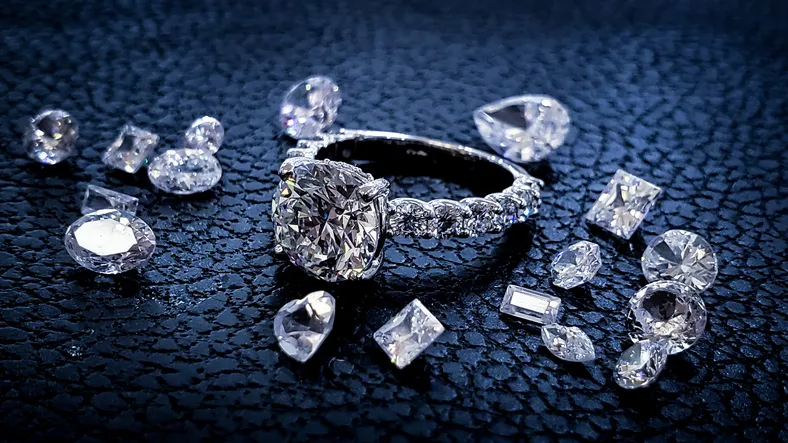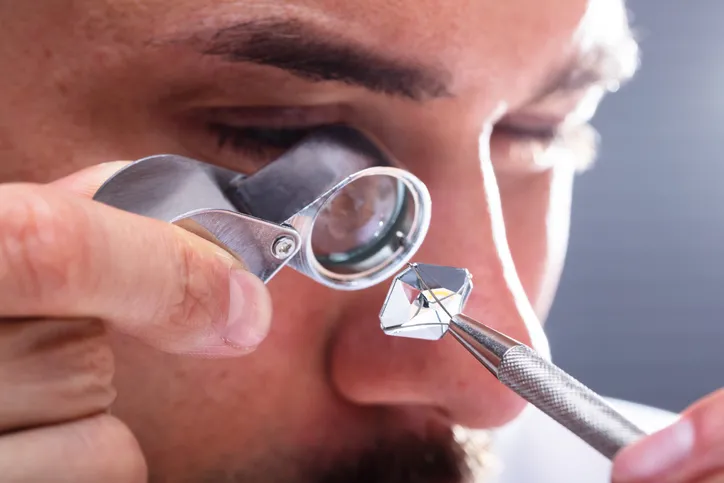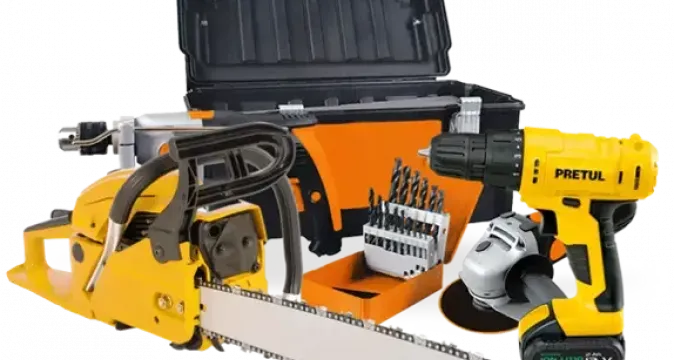
Many wonder how jewelry appraisal works. Specifically, how do pawn shops determine the value of jewelry and how much they will offer for it?
Customers want to know the value of their jewelry. Do pawn shops just make it up? Do they attempt to mislead people? How accurate is the valuation?
Within this blog, EZPAWN will give a general overview of evaluations and jewelry appraisal — for gems, diamonds, gold, and silver, the misconceptions about jewelry appraisal, and what to expect when pawning or selling.
First, let’s get a general overview of jewelry appraisal. If nothing else, you will know how jewelry appraisals work and what to expect.
Here's the difference between jewelry appraisals and jewelry evaluations.
What To Know About Jewelry Appraisals?
There are many things to know about jewelry appraisal. From what an appraisal is, to some common misconceptions about the pawn shop valuation process. It’s important to know that an appraisal is different from an evaluation. An appraisal is performed by a certified appraiser outside of a pawn shop while an evaluation is performed by a pawnbroker at the pawn shop. As a customer looking to pawn or sell, they will have their items evaluated, not appraised.
What’s important to know about jewelry evaluation is the price a customer originally paid for an item is generally not what a pawnbroker will offer them at a pawn shop (or anywhere else for that matter). Fair market value appraisals are heavily skewed for insurance purposes. This is true no matter where a customer sells their jewelry. Like vehicles, jewelry can lose a significant amount of its value when a customer purchases it new. Often, jewelers won’t buy jewelry back because it’s not worth the price a customer paid for it new1. This statement can be backed up by Circa2 which says:
With few exceptions, a diamond sold to its first buyer will experience a depreciation from its original purchase price, in the same way other luxury goods do. The profit was already made by the retailer in the original sale, which means the owner will inevitably sell it to someone else at a loss.
This depreciation is why taking jewelry to a pawn shop gets such a bad reputation. Unfortunately, pawn shops are the bearers of this bad news.
The good news is that EZPAWN is happy to help our customers get cash for their jewelry. Whether a customer wants to pawn or sell, our pawnbrokers will give great evaluations.
Note: Evaluations are at the sole discretion of the pawnbroker.
How Is An Evaluation Different From an Appraisal?

So, what’s the difference between an evaluation and a jewelry appraisal? This is a frequently asked question, so let’s break it down!
An appraisal is often for insurance purposes, performed outside of a pawn shop by a certified appraiser, whereas an evaluation is what a pawnbroker will offer a customer when they attempt to pawn or sell jewelry.
So, what’s an appraisal exactly? It's an expert’s estimate of the value of something. Appraisals usually accompany a piece of jewelry when bought at the store. They are used to get an insurance plan in the event jewelry gets damaged, lost, or stolen. Appraisals are often inflated3, sometimes two times the purchasing price.
It's important to note that EZPAWN sends high-valued jewelry to a third-party certified appraiser. EZPAWN does not appraise at the store. Therefore, a customer cannot get their items appraised at a pawn shop but they can buy an appraised piece of jewelry. Additionally, a certified appraiser cannot provide an accurate evaluation as they do not look at the same data points pawnbrokers do. It might seem confusing. But remember, an appraisal is just an estimate, often for an insurance plan.
On the other hand, an evaluation is the resale value– what a pawn shop believes it can sell the merchandise for to a willing buyer. This is based on the market value of the diamonds and precious metals that make up the jewelry piece. This does not include the type of jeweler who made it, the amount of labor that went into it, or the retail markup. The market generally doesn’t recognize these attributes, so a pawn shop cannot increase the evaluation price based on these factors. Evaluations mostly depend upon demand for said item. The greater the demand, the higher the resale value.
Once a pawn shop determines the resale value, they will offer a price taking into consideration the factors in the above paragraph. Therefore, when comparing jewelry appraisal vs. evaluations, customers can expect the evaluation of their jewelry to be significantly less.
The Evaluation Process

During the evaluation process, a pawnbroker will consider a handful of data points and industry trends. It’s also important to note that demand fluctuates and directly influences the price of jewelry.
When a customer brings gems or diamonds to get evaluated, there are numerous things a pawnbroker must consider:
- Carat weight – measures a diamond’s weight
- Color – refers to how colorless the diamond clarity is
- Clarity – assesses small imperfections within a diamond
- Cut – measures how well-proportioned a diamond’s dimensions are including the balance and brilliance of its facets
Pawnbrokers will provide a detailed description of the jewelry and an equivalent valuation based on the “4 Cs” above: carat, color, clarity, and cut.
When a pawnbroker looks at gold or silver, these are the characteristics that they look for:
- Weight – price is mostly determined by weight
- Purity – most gold jewelry has a “stamp” on it indicating how many karats it is: 10k, 14k, 24k
It’s important to repeat that markets fluctuate, and current values affect evaluations.
Now You Know
To sum it up, jewelry appraisal and evaluations are two entirely different things. An appraisal is mostly for insurance purposes whereas an evaluation is what a pawnbroker will offer a customer when they attempt to pawn or sell jewelry. Generally speaking, customers have already had their jewelry appraised at the original retail store on the date of purchase. EZPAWN does not provide appraisals in-store. EZPAWN sends high-valued jewelry to a certified third-party appraiser; these pieces will include a certificate of appraisal when purchased.
The main advantage of pawning4 or selling jewelry to a pawn shop is walking out with cash in hand. Customers don’t have to worry about reselling the item back to the original place they purchased it from (who are unlikely to take it) or posting it to an online marketplace and potentially getting scammed. Find an EZPAWN near you to get an evaluation on your jewelry today!
- https://www.estatediamondjewelry.com/does-jewelry-depreciate/#:~:text=In%20most%20cases%2C%20the%20value,very%20valuable%2C%20to%20begin%20with.
- https://www.circajewels.com/real-value/
- https://www.wpdiamonds.com/reality-insurance-appraisals/
- Item evaluation and amount of cash offered on purchases or pawn transactions is at the sole discretion of the Pawnbroker. Conditions apply. Please see a Team Member for additional information.


